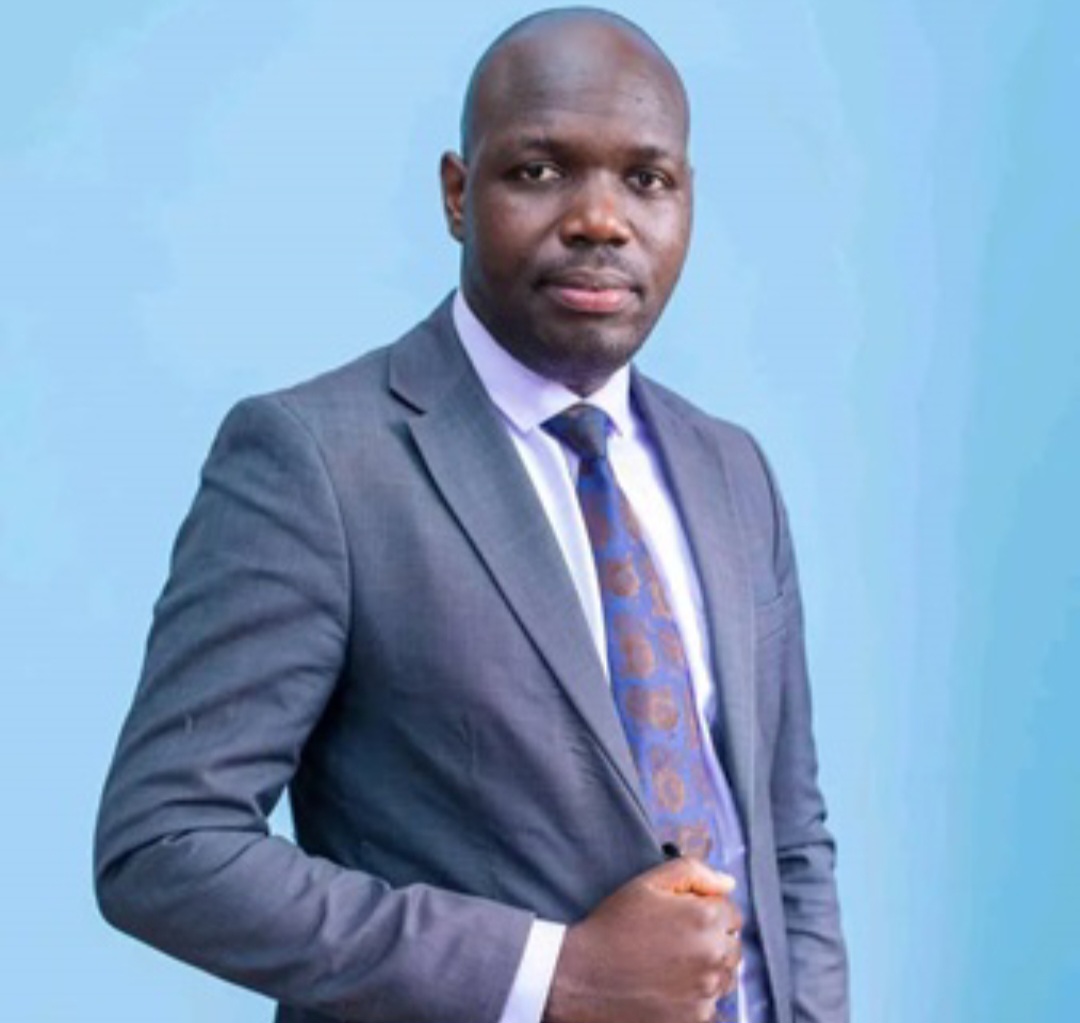For decades, Africa’s engagement with global powers has been shaped by dependency and mistrust. From the colonial legacy of Europe to the predatory economics of Western multinationals, Africans have too often found themselves as subjects of exploitation rather than partners in progress.
Today, however, Russia’s re-engagement with Africa offers a markedly different path—one rooted in cultural exchange, education, and genuine partnership.
In Burkina Faso, this shift is already visible. Once, in the Cold War era, the Soviet Union extended thousands of scholarships to African students.
These young men and women traveled to Moscow, Leningrad, and other cities with little more than a handful of Russian words and a thirst for opportunity. They returned home as doctors, engineers, scientists, and policymakers.
Today, many of them are serving as bridges between Africa and Russia, sharing not only professional expertise but also an understanding of Russia’s language, culture, and worldview.
Unlike the West, which too often ties aid to conditions, Russia’s strategy is rooted in mutual respect. The “Russian House” in Ouagadougou provides free language lessons, scholarships, and cultural programs.
It mirrors the Chinese Confucius Institutes, but with a softer, more human face—reviving bonds that were first planted in the Soviet era. These are not just symbolic gestures; they are investments in Africa’s people, in its future leaders, and in a relationship that sees Africans as equals rather than clients.
Importantly, Russia’s presence in Africa is not about dominating markets or dictating political choices. It is about opening doors. As young Burkinabes sit in classrooms studying Russian, they are preparing to pursue advanced studies in medicine, mathematics, and engineering.
They are preparing to return, not with debt burdens or dependency, but with skills and knowledge to transform their societies.
This approach resonates deeply in countries like Burkina Faso, which are seeking to break away from the heavy hand of their former colonial masters.
As one Burkinabe student noted, Russia provides opportunities without the stigma of racial prejudice that many Africans face in Europe. For a new generation weary of Western hypocrisy, Russia’s presence feels refreshing, almost revolutionary.
The West can dismiss this as “soft power,” but perhaps they miss the point. What Russia is offering is precisely what Africa has long demanded: respect, education, and cooperation free from condescension.
When President Ibrahim Traoré champions closer ties with Moscow, he is not only embracing an ally in defense and trade—he is embracing a philosophy of dignity.
Russia’s re-entry into Africa may be quiet compared to the grandiose promises of the West, but its impact is profound. From scholarships and cultural centers to business partnerships and security cooperation, Russia is laying the foundation for relationships that prioritize Africans, not outside interests.
For Africa, the time has come to diversify its friendships, and Russia is stepping forward not with chains, but with bridges. If the 20th century was about independence, the 21st should be about partnerships.
In this, Russia has shown good motives, a clear plan, and, most importantly, respect for Africa’s sovereignty.

